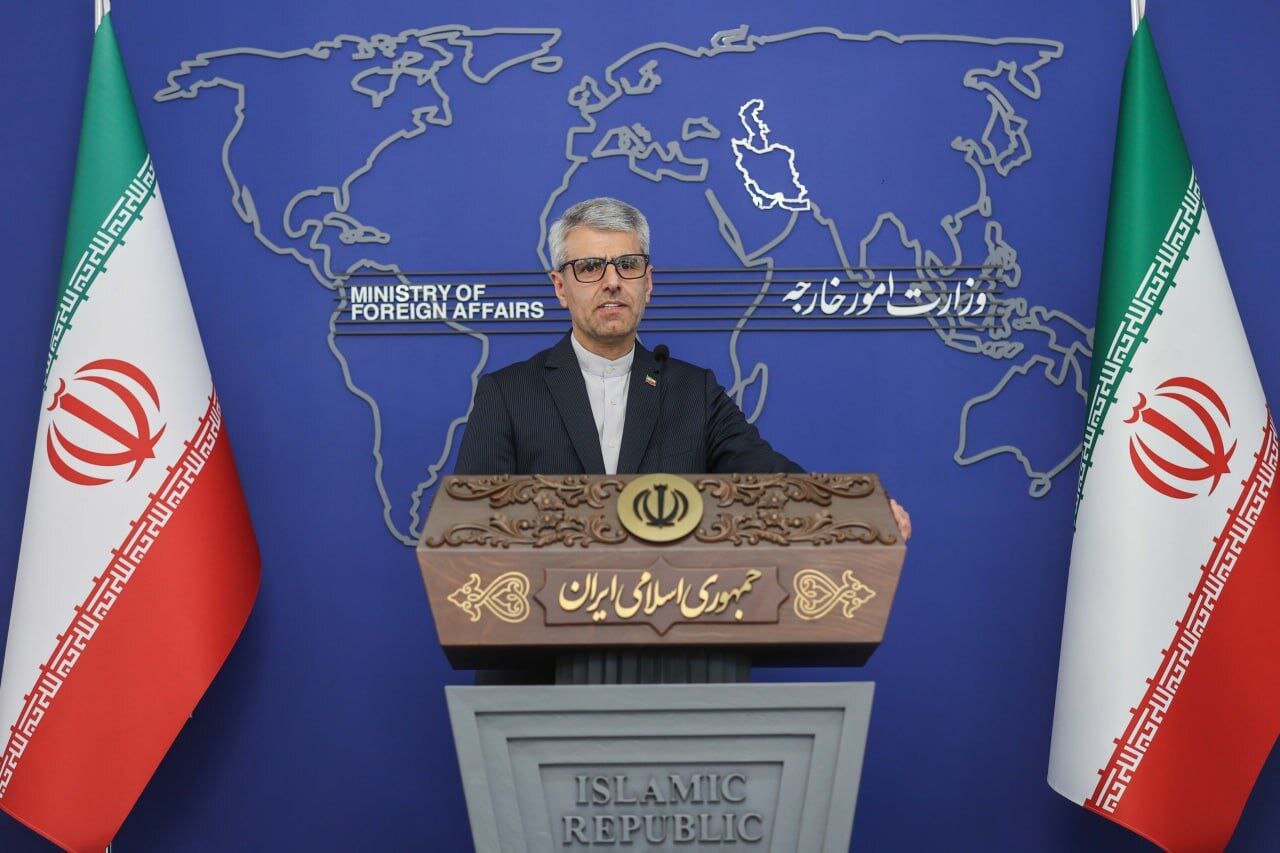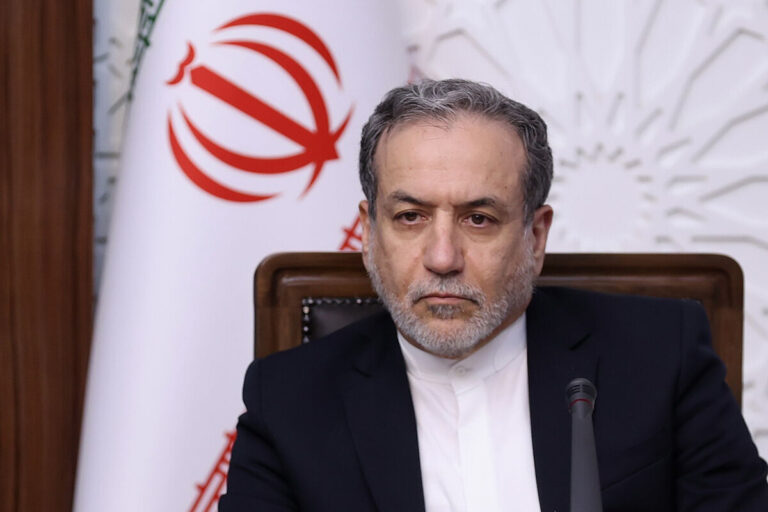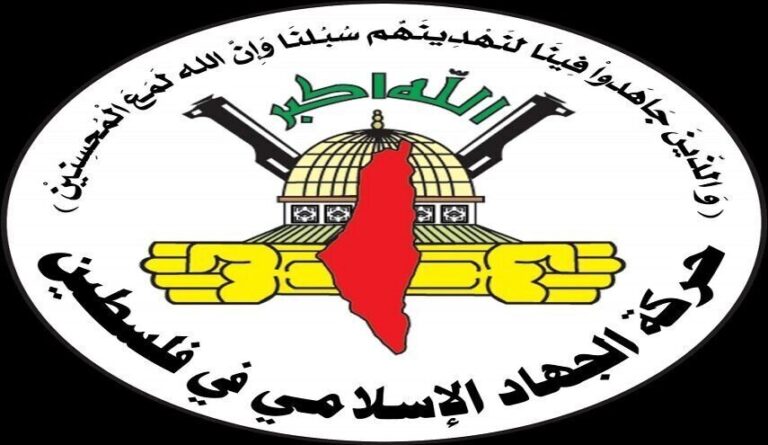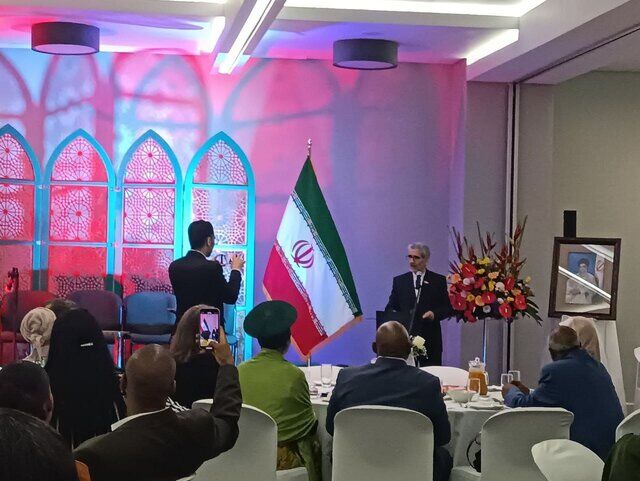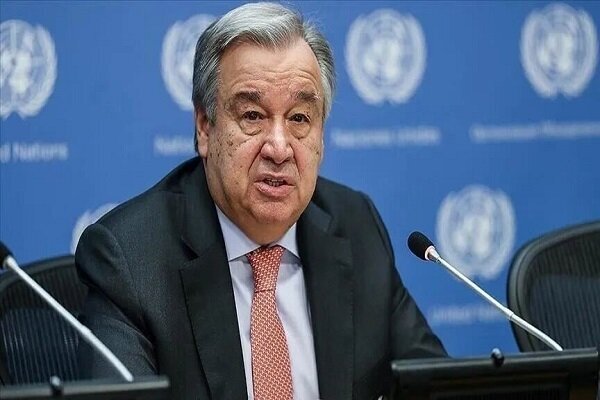Iran Condemns Latest Israeli Airstrike on Beirut: Tensions Escalate!
The recent attack on Lebanon by Israel has raised significant concerns regarding regional stability and international law. Iranian Foreign Ministry spokesman Esmaeil Baghaei condemned the assault, emphasizing the global disapproval of the ongoing Israeli occupation and violence in Palestine. On the observed International Quds Day, Baghaei criticized Israel’s actions as a flagrant violation of Lebanon’s sovereignty. This incident has sparked a renewed call for international accountability and a review of the ceasefire agreements in the region.
Baghaei asserted that the Israeli regime’s actions are not only aggressive but also unjustifiable, urging the international community to respond decisively against such violations. He stated that the United Nations and the guarantors of the ceasefire agreement bear direct responsibility for the recent strike.
Key points highlighted by Baghaei include:
- The Israeli attack represents a blatant violation of Lebanon’s territorial integrity.
- Israel’s justifications for its aggression are described as “completely unfounded and baseless.”
- The international community must implement effective measures to counter Israeli aggression.
- Israel has continuously violated ceasefire agreements established after previous conflicts.
The situation escalated when Israel targeted the southern suburbs of Beirut, marking the first significant bombardment in the area since the ceasefire agreement with Hezbollah was established in November. This attack has drawn widespread condemnation and concern for the potential repercussions on regional peace.
Jeanine Hennis-Plasschaert, the United Nations Special Coordinator for Lebanon, expressed her alarm over the exchange of fire along the border, describing it as “deeply concerning.” The recent strikes on southern Lebanon indicate a troubling trend of escalating violence that undermines the ceasefire and threatens stability in the region.
Since the ceasefire, which was implemented on November 27, there have been numerous reports of Israeli airstrikes targeting various locations in Lebanon. These actions raise questions about the enforcement of the ceasefire and the role of international bodies in maintaining peace.
Israel’s military operations have resulted in considerable losses over the past 14 months, yet the country has failed to achieve its objectives regarding Hezbollah. This ongoing conflict has prompted Israel to agree to the ceasefire, but the subsequent violations have left many wondering about the sustainability of peace in the region.
Baghaei emphasized that the international community must adopt decisive strategies to counter the ongoing violations of law by Israel, which extend from Gaza to Lebanon and Syria. He warned that these actions pose increasing threats to international peace and security.
The implications of these events are profound, as they not only affect Lebanon and Israel but also resonate throughout the region and the broader international community. The need for effective diplomatic interventions and a commitment to uphold international law has never been more critical.
In conclusion, the recent escalation in violence highlights the fragility of the ceasefire agreements and the urgent need for the international community to take action against these violations. As the situation develops, it remains essential for global leaders and organizations to prioritize peace and stability in the region, ensuring that such aggressive actions are met with appropriate responses.
